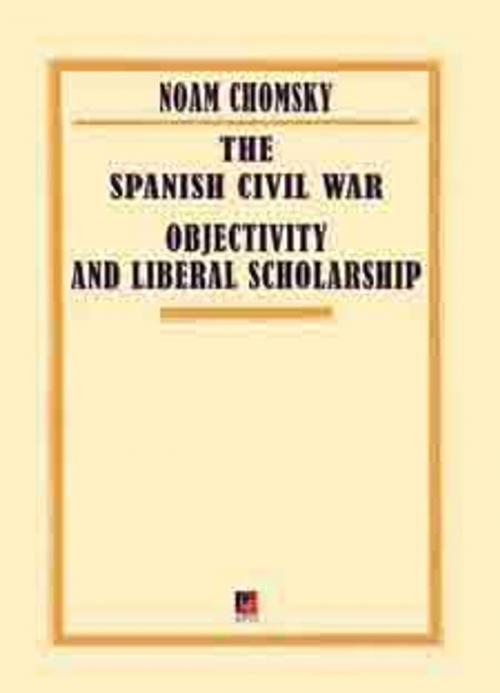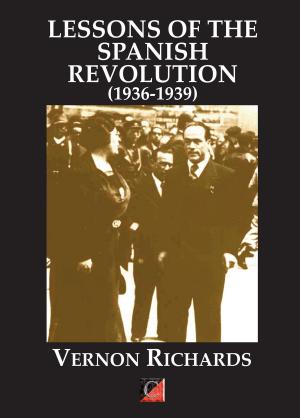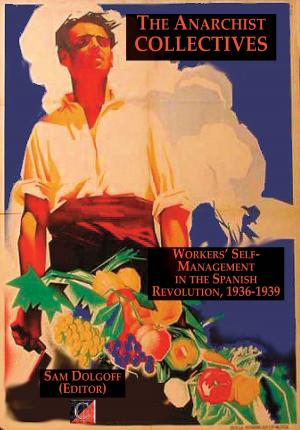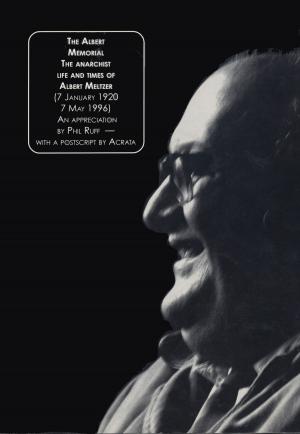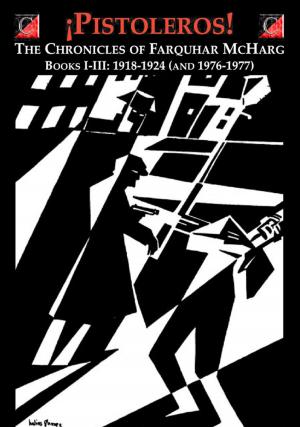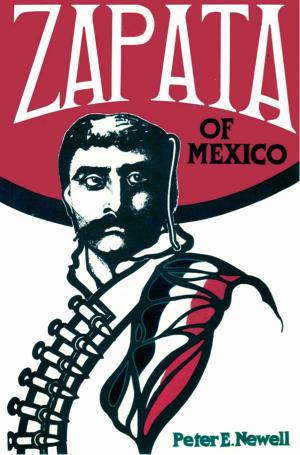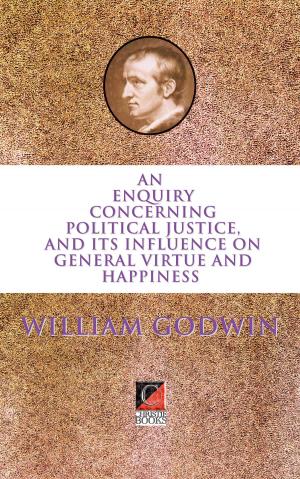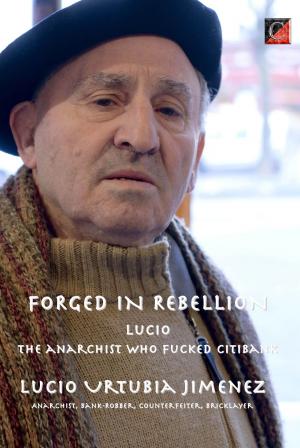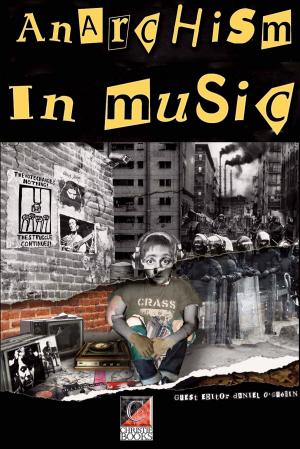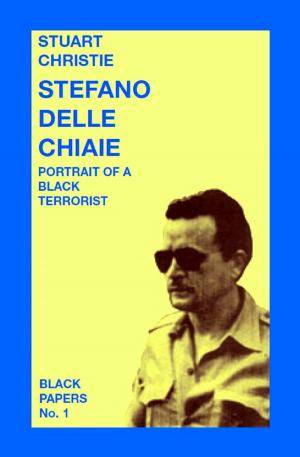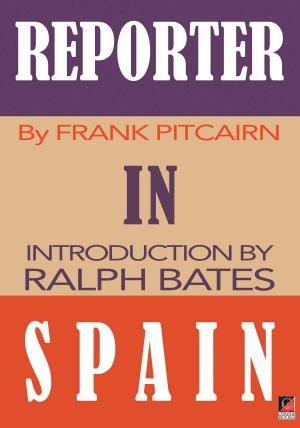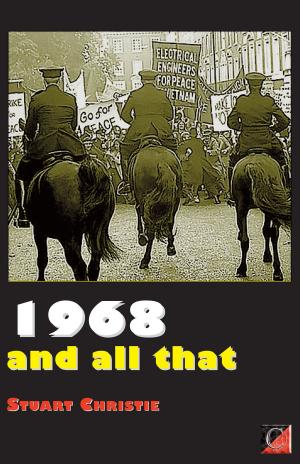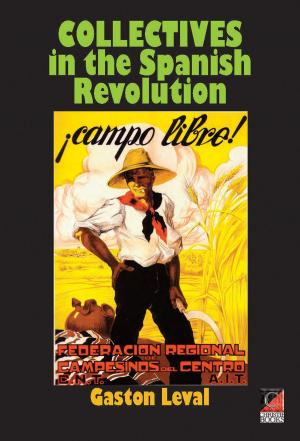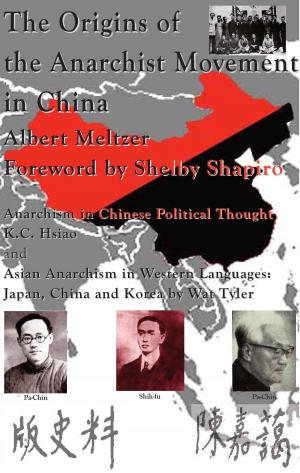THE SPANISH CIVIL WAR — OBJECTIVITY AND LIBERAL SCHOLARSHIP
Nonfiction, History, Revolutionary, Spain & Portugal, Social & Cultural Studies, Political Science, Politics, History & Theory| Author: | Noam Chomsky | ISBN: | 1230001141979 |
| Publisher: | ChristieBooks | Publication: | May 21, 2016 |
| Imprint: | ChristieBooks | Language: | English |
| Author: | Noam Chomsky |
| ISBN: | 1230001141979 |
| Publisher: | ChristieBooks |
| Publication: | May 21, 2016 |
| Imprint: | ChristieBooks |
| Language: | English |
Anarchist Noam Chomsky’s 1969 clinical dissection of historian Gabriel Jackson’s The Spanish Republic and the Civil War:1931-1939 (in American Power and the New Mandarins) which, to quote editor Barry Pateman in his Chomsky on Anarchism, “he links to the liberal ideology prevalent in America in the 1960s, an ideology that reflects ‘an antagonism to mass movements and to social change that escapes the control of privileged elites,’ which in Jackson's work reveals itself through a regular use of negative language to describe the actions of the anarchists. Chomsky, using a rich array of historical texts, brought his points to a wide audience and influenced a new generation of researchers and militants, inspiring them to probe deeper and further. In his portrayal of Jackson's work as representing contemporary American liberal thinking on Vietnam, Chomsky impressively linked past and present, making a shrewd and disturbing comment on liberalism in general. In the words of Peter Werbe: ‘As Chomsky amply and admirably demonstrates, when the major issues of an era are settled in blood, liberalism’s pretense to humane ends or means crumbles under the demands of an implacable state.’”
The essay originally consists of three parts. Part I, not reproduced here, deals with the Vietnam War and the influence of intellectuals and ‘advisers’ in government and public and foreign policy. The present essay, Part II, focuses on the Spanish Civil War and how the so-called objective ‘conservative, ‘moderate’ and liberal’ intelligentsia use elite ideology to manipulate and mould public bias and opinion. Part III is Chomsky’s summation and conclusion.
Anarchist Noam Chomsky’s 1969 clinical dissection of historian Gabriel Jackson’s The Spanish Republic and the Civil War:1931-1939 (in American Power and the New Mandarins) which, to quote editor Barry Pateman in his Chomsky on Anarchism, “he links to the liberal ideology prevalent in America in the 1960s, an ideology that reflects ‘an antagonism to mass movements and to social change that escapes the control of privileged elites,’ which in Jackson's work reveals itself through a regular use of negative language to describe the actions of the anarchists. Chomsky, using a rich array of historical texts, brought his points to a wide audience and influenced a new generation of researchers and militants, inspiring them to probe deeper and further. In his portrayal of Jackson's work as representing contemporary American liberal thinking on Vietnam, Chomsky impressively linked past and present, making a shrewd and disturbing comment on liberalism in general. In the words of Peter Werbe: ‘As Chomsky amply and admirably demonstrates, when the major issues of an era are settled in blood, liberalism’s pretense to humane ends or means crumbles under the demands of an implacable state.’”
The essay originally consists of three parts. Part I, not reproduced here, deals with the Vietnam War and the influence of intellectuals and ‘advisers’ in government and public and foreign policy. The present essay, Part II, focuses on the Spanish Civil War and how the so-called objective ‘conservative, ‘moderate’ and liberal’ intelligentsia use elite ideology to manipulate and mould public bias and opinion. Part III is Chomsky’s summation and conclusion.
